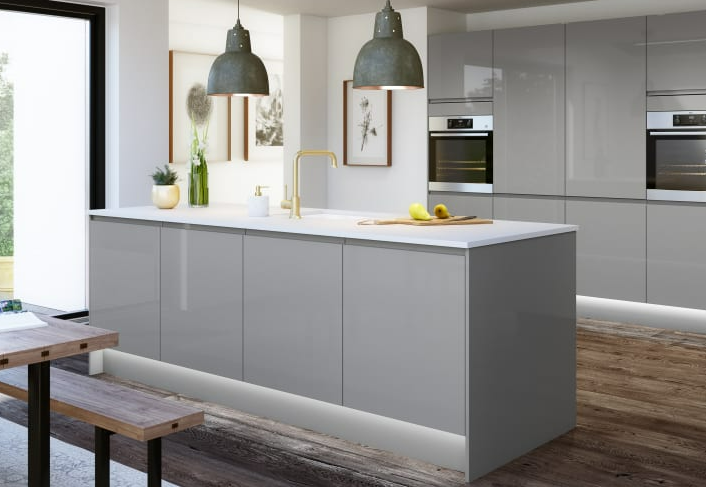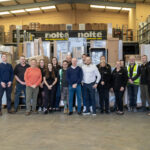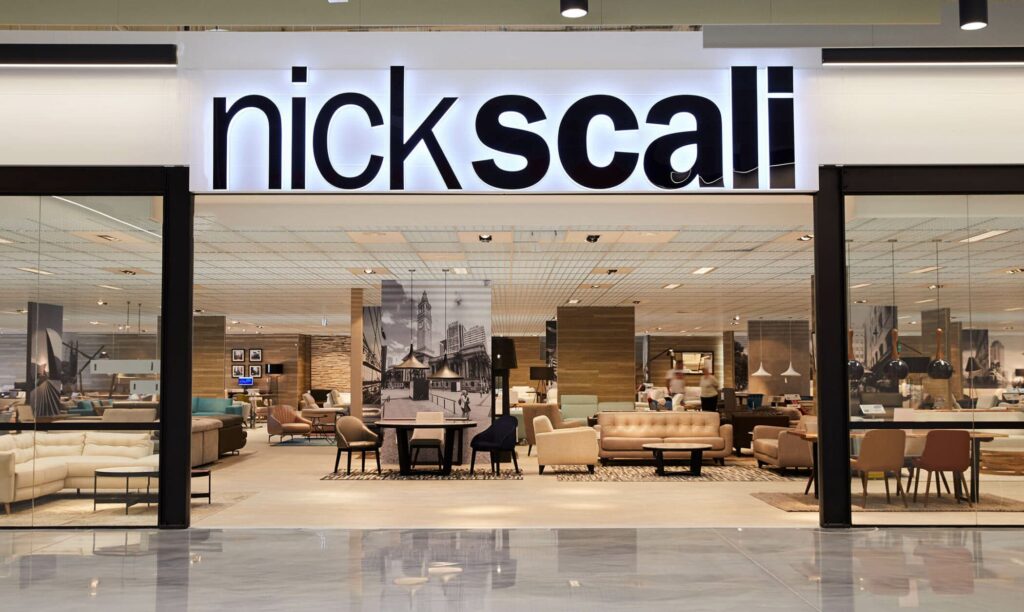Swedish kitchen furniture group Nobia, owner of UK brand Magnet, has reported a growth in fourth quarter and full year sales.
According to its latest trading update, Q4 net sales increased to SEK 3,780m (3,509) corresponding to organic sales growth of 2%. Pre-tax losses amounted to SEK -166m (146). Sales for 2022 increased to SEK 14,929m (13,719). Organic growth was 4%. Pre-tax losses amounted to SEK -2m (706).
“The UK retail market is estimated to be slightly down due to lower spending on home improvements, and the project market remains considerably below pre-pandemic levels, especially for premium high-rise in central London,” the group said.
Following the organisational adjustments in the first quarter of 2022, the UK region includes Magnet brand sales to retail, trade and project customers, and the OEM sales to Wickes DIY. Net sales in the UK region during Q4 increased 5% to SEK 1,196m (1,084).
“The gross margin decreased to 40.2% (43.3). Operating loss decreased to SEK -72m (SEK 1m) and the operating margin was -6.0% (0.1). Price increases and savings following the cost-out programme from the second quarter impacted positively. Direct material cost inflation continued and selling and administrative spend increased due to higher number of sales staff and marketing investments,” the group added on its UK performance.
Furthermore, Nobia reemphasised its previously announced cost reduction programme, with the target to generate annual savings in excess of SEK 300m. There will be a noticeable impact in the second quarter of 2023 and reaching full effect in the second quarter of 2024. The programme involves the potential redundancy of 500 employees.
“The programme involves repositioning the UK project business, including consolidation of the manufacturing footprint whereby two factories will be closed, flattening of the central UK organisation and exiting select parts of the project business that are not deemed to have sufficient profitability. Furthermore, certain functions in the Nordic region and at Group level will be reduced in order to save costs and support earnings improvement,” Nobia said.
The business is investing in a new factory in Jönköping, Sweden, which is progressing “according to plan”. “The factory building is almost completed. Installation and testing of the first production machinery is ongoing and the first commercial manufacturing of kitchen components has started. Production machinery installations will continue during the year before the factory is fully operational in 2024. The total investment in the factory until completion will be around SEK 3.5bn, of which manufacturing equipment is approximately SEK 2bn and the factory building SEK 1.5bn, with the majority of the investments made between 2022 and 2023.”
Jon Sintorn, President and CEO, commented: “Restructuring of our UK operations, in particular the underperforming project business, is an important part of the programme. It includes exiting parts of the UK project sales that have insufficient profit, the closure of two manufacturing sites, staff reductions affecting most areas of the Group and discretionary spend reductions.
“In the UK region, sales were up 5% organically, primarily driven by higher average order values. However, profit decreased into negative numbers due to heavy input cost inflation and a higher cost level reflecting activities to capture market share during the trade autumn campaign and winter sales period. A significant part of our UK projects business is running with insufficient profitability and continued slow markets. This is now being addressed with the restructuring programme and in parallel we are continuing to press ahead with the long-term transformation plan for our UK operations focusing on the Magnet brand mass-premium position.
“Our restructuring, the UK transformation plan and the completion of our new factory are some initiatives that will enhance our competitiveness and provide resilience, which is especially important with the current macro development. To provide further profit protection, key focus areas are maintaining a strong pricing discipline, supply chain operational efficiency and leveraging our scale to improve sourcing efficiency.”















